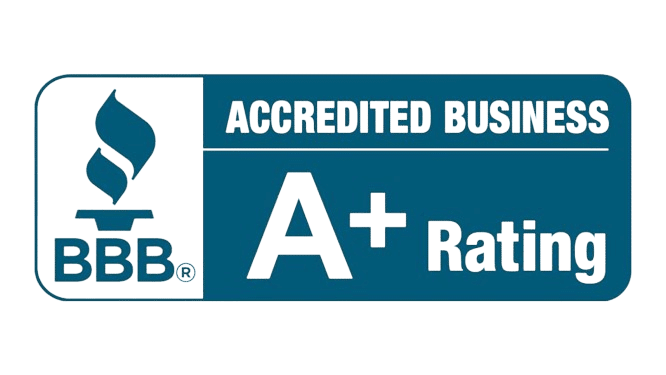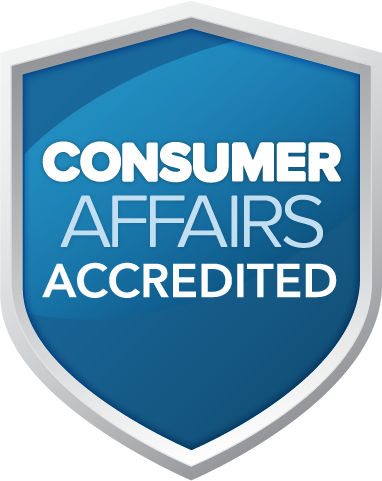Need Cash Now?
Access offers that can provide quick access to your paycheck for an emergency, or just life’s expenses.
Disclaimers


*Dave is not a bank. Banking services provided by Coastal Community Bank, Member FDIC. The Dave Debit Card is issued under a license from Mastercard®. ExtraCash amounts range from $25-$500, typically approved within 5 minutes, with an overdraft fee equal to the greater of $5 or 5%. Multiple overdrafts may be required. Not all members qualify for ExtraCash and few qualify for $500. ExtraCash is repayable on demand. Must open an ExtraCash overdraft deposit account and Dave Checking account. Up to $5 monthly membership fee for ExtraCash, Income Opportunity Services, and Financial Management Services. Optional 1.5% fee for external debit card transfers. See dave.com.
Disclaimers


*Loan amounts & structure vary by state.

**Funding usually within minutes but may take up to 5 days
Disclaimers


*Not all users will qualify. Depending on eligibility, advances range $25–$500. ME: $25-$250 only. Avg advance $73 from 2/2018 - 7/2025. Express Delivery is optional—fee may apply. Most users receive their Express Delivery within 20 minutes. $8.99–$15.99 monthly subscription may apply. Cancel anytime. Not available in all states.

A cash advance is a short-term loan provided by financial institutions, allowing you a quick access to specific amount of money against either your credit card's available limit or other banking terms. This type of loan is typically used for emergency expenses or unexpected financial needs. Cash advances often come with higher interest rates and/or additional fees compared to large amount unsecured loans or credit cards purchases.

Understanding the various types of cash advances can help you choose the most suitable option for your situation. Here’s an overview of the different types of cash advances products:
1. Credit Card Cash Advances
Credit card cash advances are one of the most common types of cash advances. This option allows you to withdraw cash from your credit card's available credit limit, either through an ATM, bank withdrawal, or convenience check. While this method provides quick access to funds, it typically comes with higher interest rates and fees compared to regular credit card purchases. Additionally, interest begins accruing immediately, with no grace period.
2. Payday Loans
Payday loans are short-term, high-interest loans typically used by individuals who need to borrow small amounts of money. These loans are relatively easy to obtain, often requiring minimal documentation and no credit check. However, the convenience comes at a cost, as payday loans are known for their extremely high interest rates and fees.
3. Merchant Cash Advances
Merchant cash advances (MCAs) are typically used by businesses rather than individuals. An MCA provides a lump sum of cash in exchange for a percentage of future credit card sales. This type of advance is repaid through daily or weekly deductions from the business’s credit card sales. MCAs are popular among businesses with high credit card transaction volumes but can be expensive due to high fees and repayment structures.
4. Personal Loan Cash Advances
Personal loan cash advances involve borrowing against a personal line of credit or taking out a personal loan. These loans can be obtained from banks, credit unions, or online lenders. Personal loan cash advances generally have lower interest rates compared to credit card cash advances and payday loans, making them a more cost-effective option. However, they may require a credit check and more detailed application process.

1. Understand the Costs: Before taking a cash advance, it’s crucial to understand all the associated costs. These typically include:
- High Interest Rates: Cash advances often have higher interest rates than regular credit card purchases.
- Transaction Fees: A flat fee or a percentage of the amount withdrawn is usually charged.
- ATM Fees: If you withdraw the cash from an ATM, expect additional charges.
2. Borrow Only What You Need: It can be tempting to take out a larger sum than necessary, but borrowing only what you need helps minimize the debt and associated costs.
3. Plan for Repayment: Develop a clear plan for repaying the cash advance as quickly as possible. Since interest on cash advances starts accruing immediately, the longer you take to repay, the more it will cost. Prioritize repayment of the cash advance to avoid high-interest charges. Consider making larger payments or multiple payments per month if possible.
4. Avoid Repeated Cash Advances: Relying on cash advances regularly can lead to a cycle of debt that’s hard to break due to the high costs involved. Use cash advances sparingly and only for true emergencies. Look for other ways to manage finances, such as budgeting more effectively or exploring other credit options.
5. Consider Alternatives: Before opting for a cash advance, explore other financial solutions that might be more cost-effective. Some alternatives include:
- Personal Loans: These often have lower interest rates and more favorable repayment terms.
- Credit Card Balance Transfers: Some cards offer low or zero-interest rates on balance transfers for a limited period.
- Borrowing from Friends or Family: This can be a low-cost option if you have a reliable support network.
- Utilizing Savings: Dipping into your emergency fund can be a better option than taking a high-interest cash advance.





